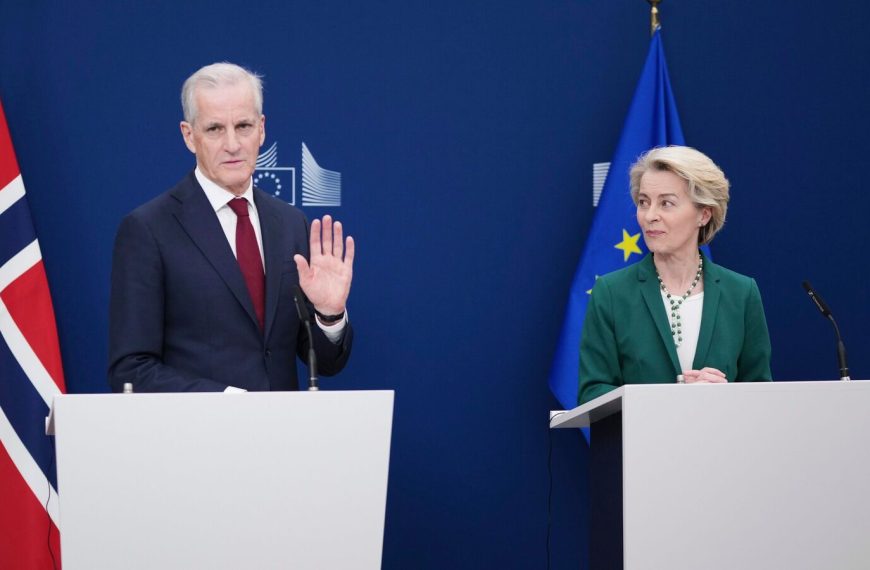The global financial landscape is currently shaken by the wave of reciprocal tariffs implemented by Donald Trump, causing significant drops in stock markets across Asia and the United States. With initial tariffs already in place, a new set of increased duties will come into effect on April 9, intensifying the situation. China has retaliated with steep 34% tariffs on American products, setting the stage for a tumultuous start on April 7. Other nations, including Japan, South Korea, and India, are reacting cautiously to Trump’s aggressive trade policy.
Japan’s Efforts to Negotiate
In light of the escalating trade tensions, Japanese Prime Minister Shigeru Ishiba expressed his commitment to urging Trump to reconsider tariffs on Japan. He noted that while negotiations are ongoing, progress will not be immediate. Ishiba emphasized the necessity for Japan to utilize "all available means" to mitigate the economic fallout from U.S. tariffs. This includes potential funding support for domestic businesses and protective measures to safeguard jobs.
India’s Strategic Approach
Rather than retaliating with tariffs of its own, India appears to be taking a more diplomatic route. An official from the Indian government indicated that the country is likely to focus on forging a bilateral trade deal with the U.S. to lessen tariff burdens, instead of responding aggressively to the 26% reciprocal tariff imposed by Trump.
South Korea’s Economic Support Measures
In South Korea, the government is preparing to roll out support measures for industries most affected by the impending 25% tariff from the U.S. Finance Minister Choi Sang-mok highlighted the importance of assessing the macroeconomic impact and addressing urgent needs within sectors that could suffer significant losses. The government aims to cushion the blow and ensure economic stability during this challenging time.
Taiwan’s Focus on Collaborative Solutions
Taiwan is taking a different approach, with President Lai Ching-te announcing that the country does not plan to engage in retaliatory tariffs. Instead, Taiwan is looking to foster discussions with the U.S. to establish zero tariffs. The Taiwanese government aims to enhance trade relations, particularly in key industries such as electronics, petrochemicals, and natural gas, by encouraging increased investments in the U.S.
In summary, as the tariff conflict unfolds, nations are adopting varied strategies to navigate the economic uncertainty. From diplomatic negotiations to support measures for vulnerable sectors, countries are striving to protect their interests while managing the complexities of international trade relations.










